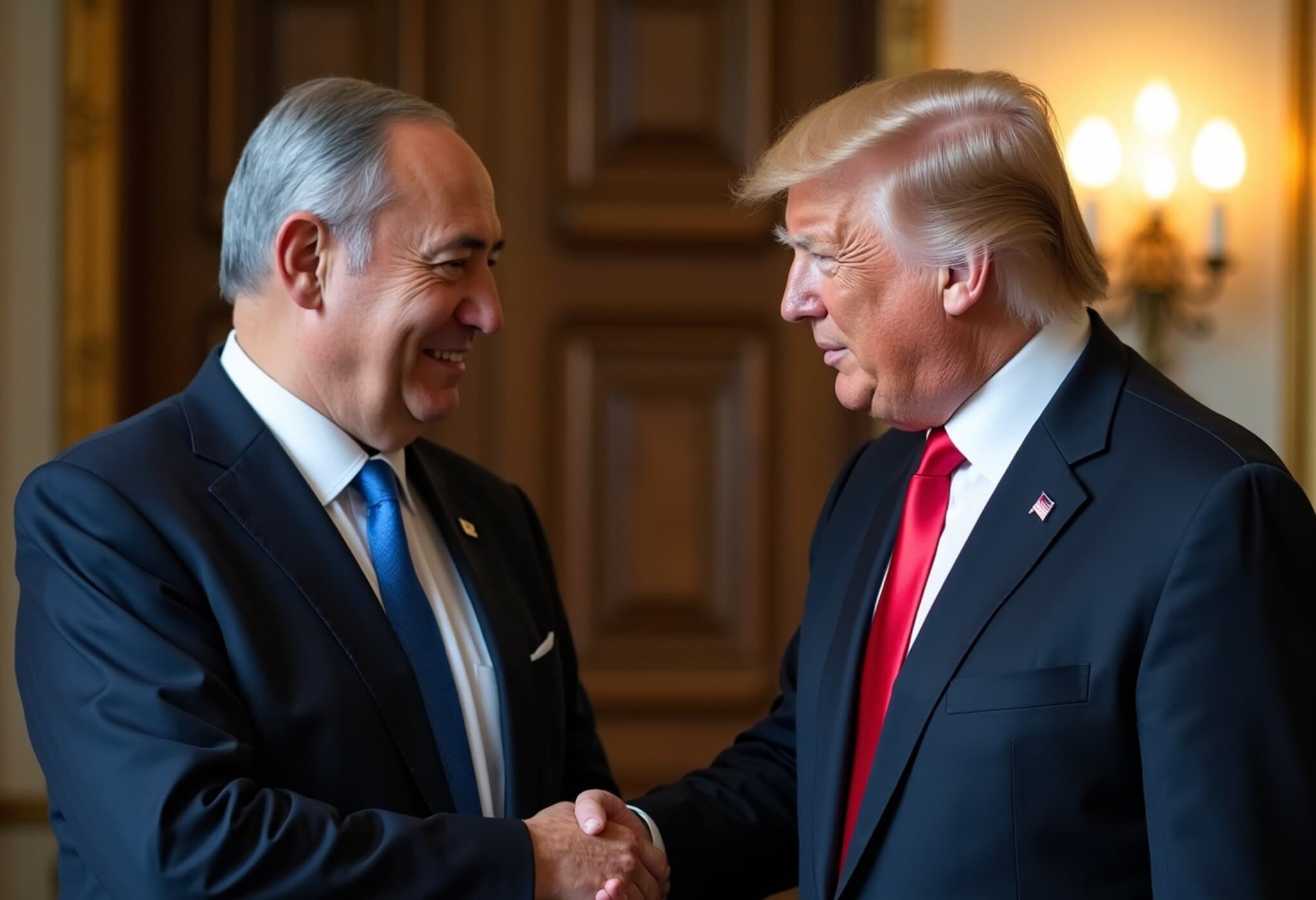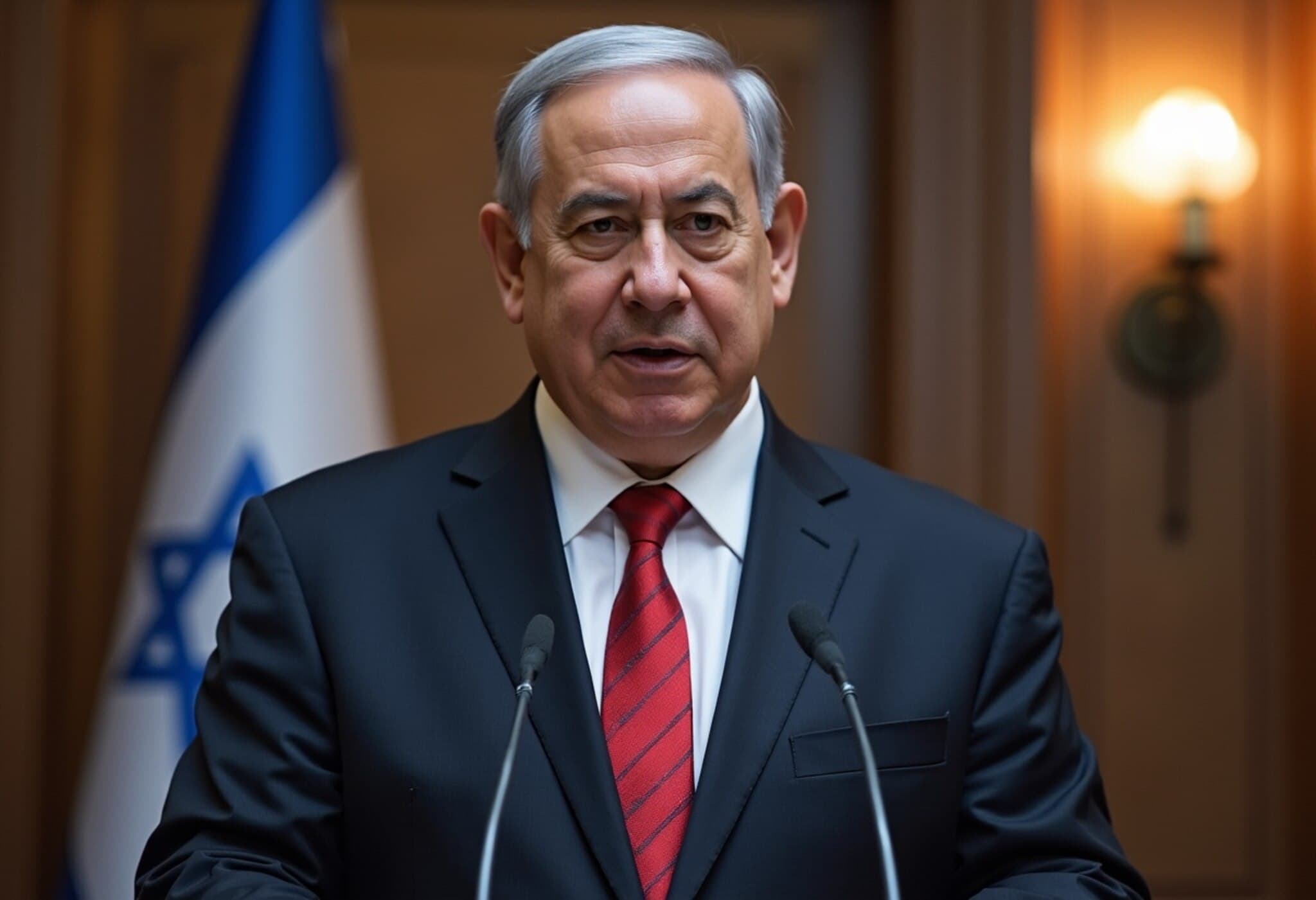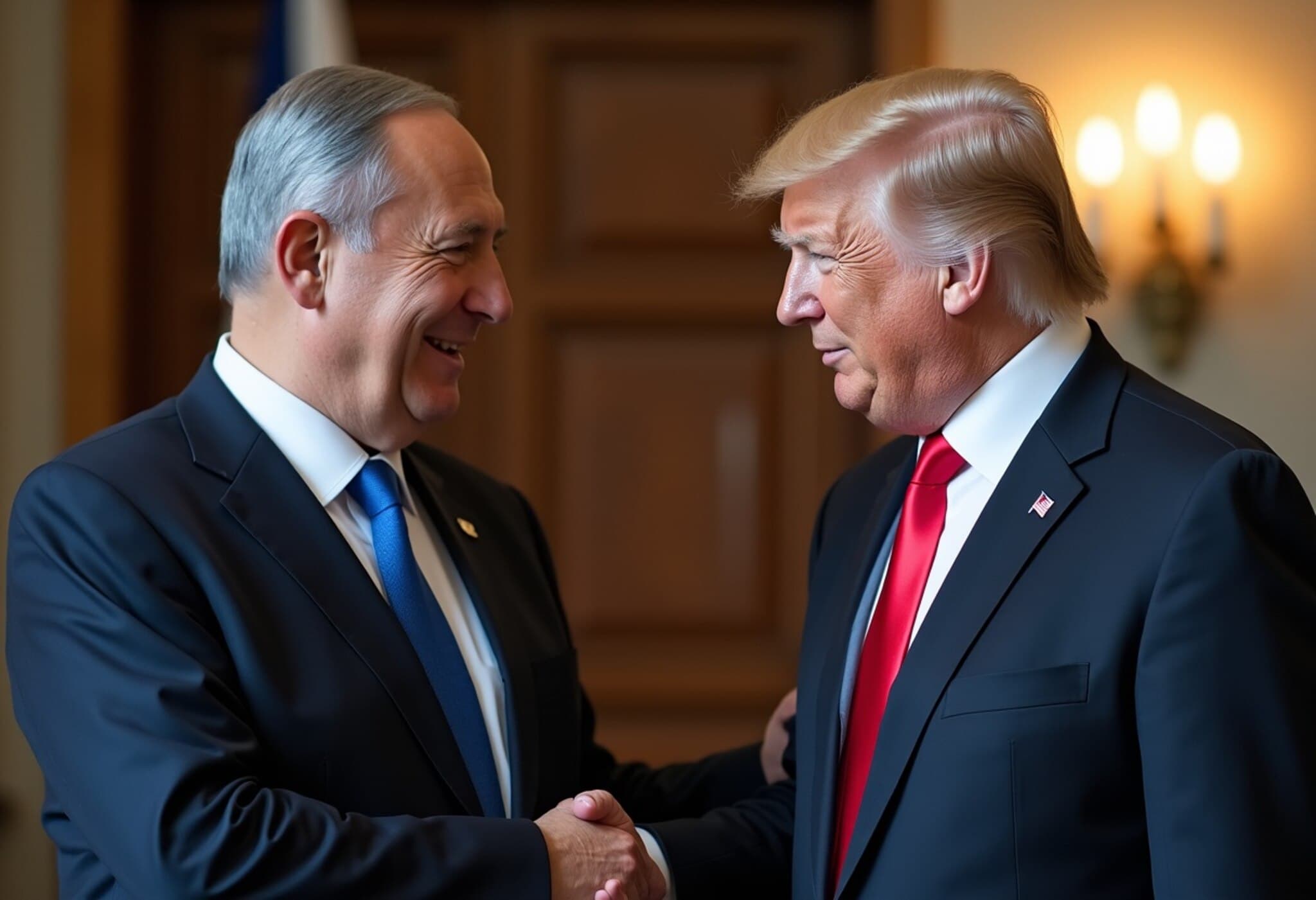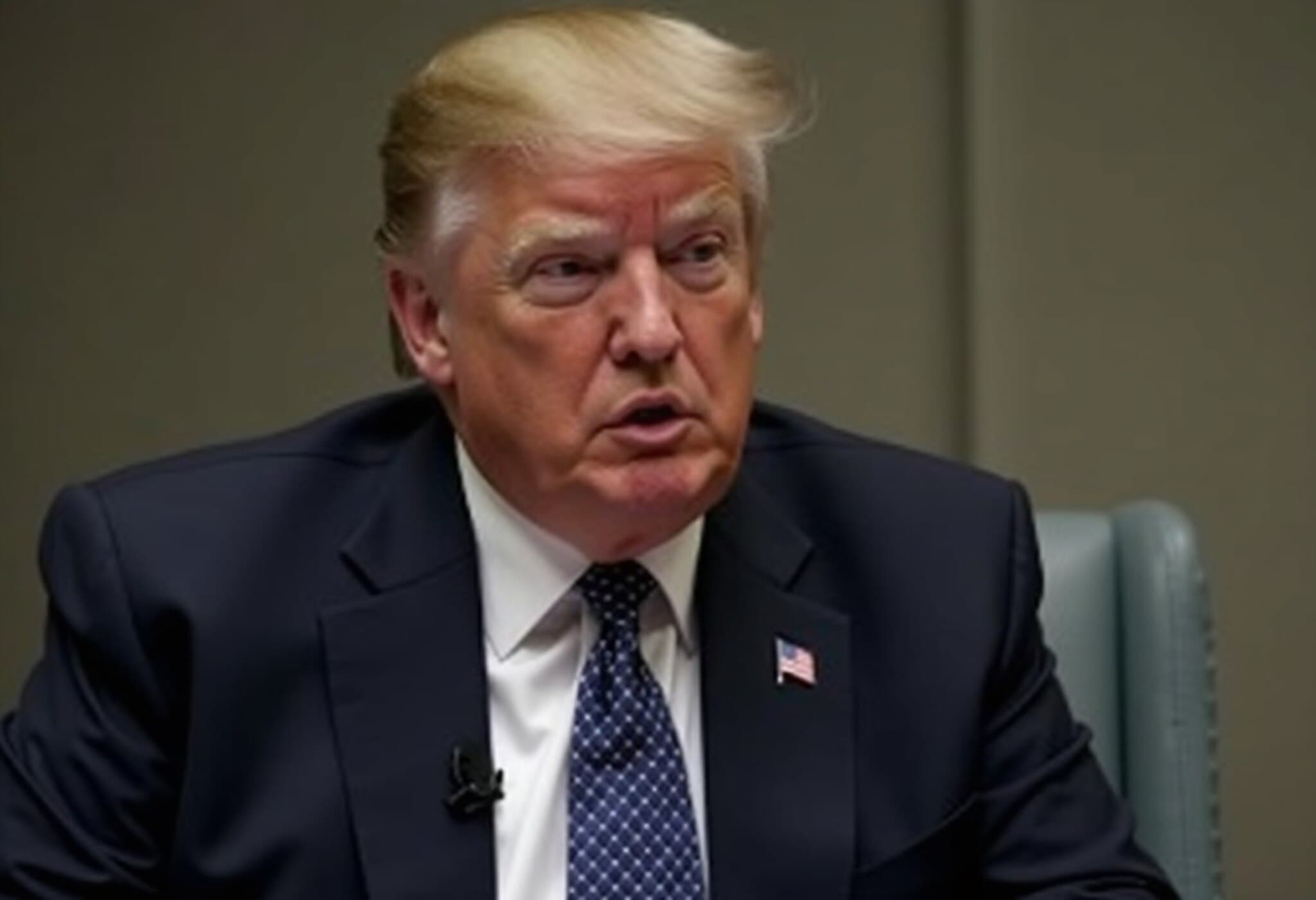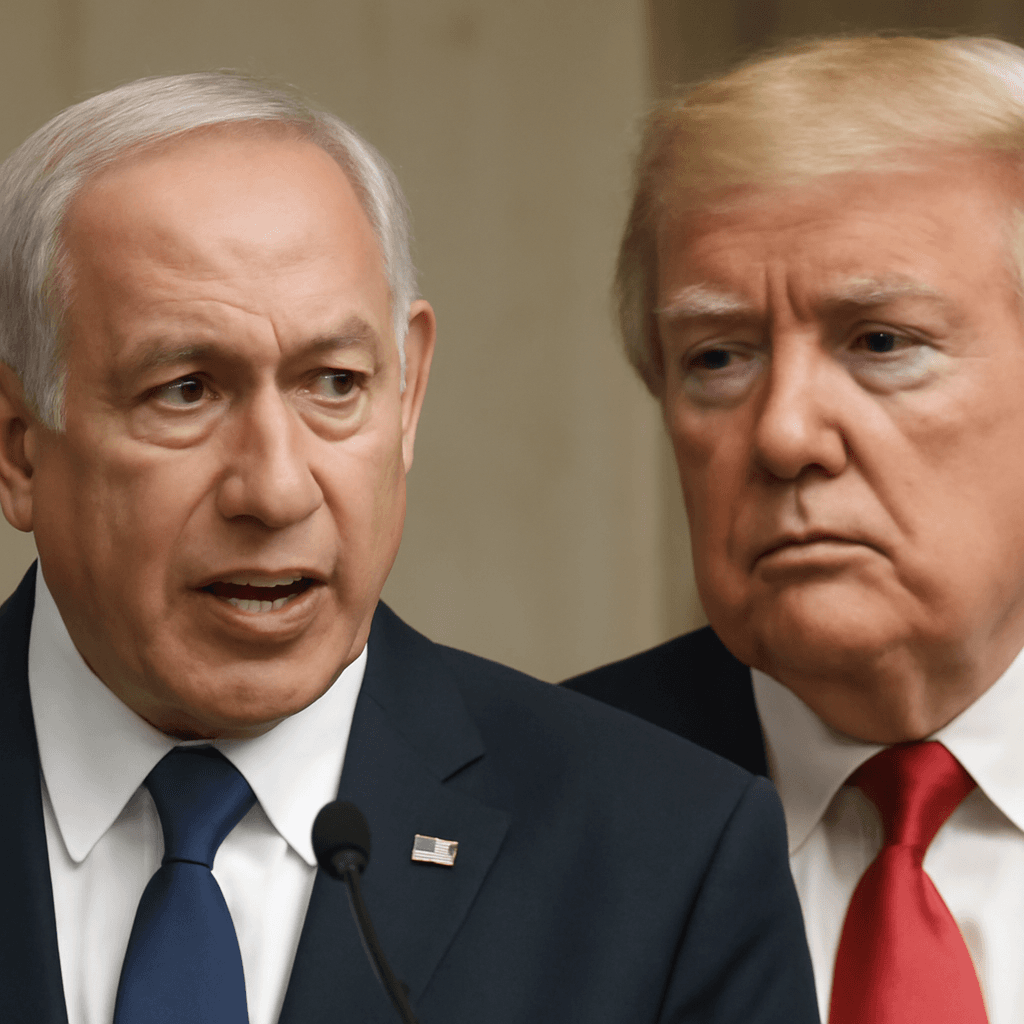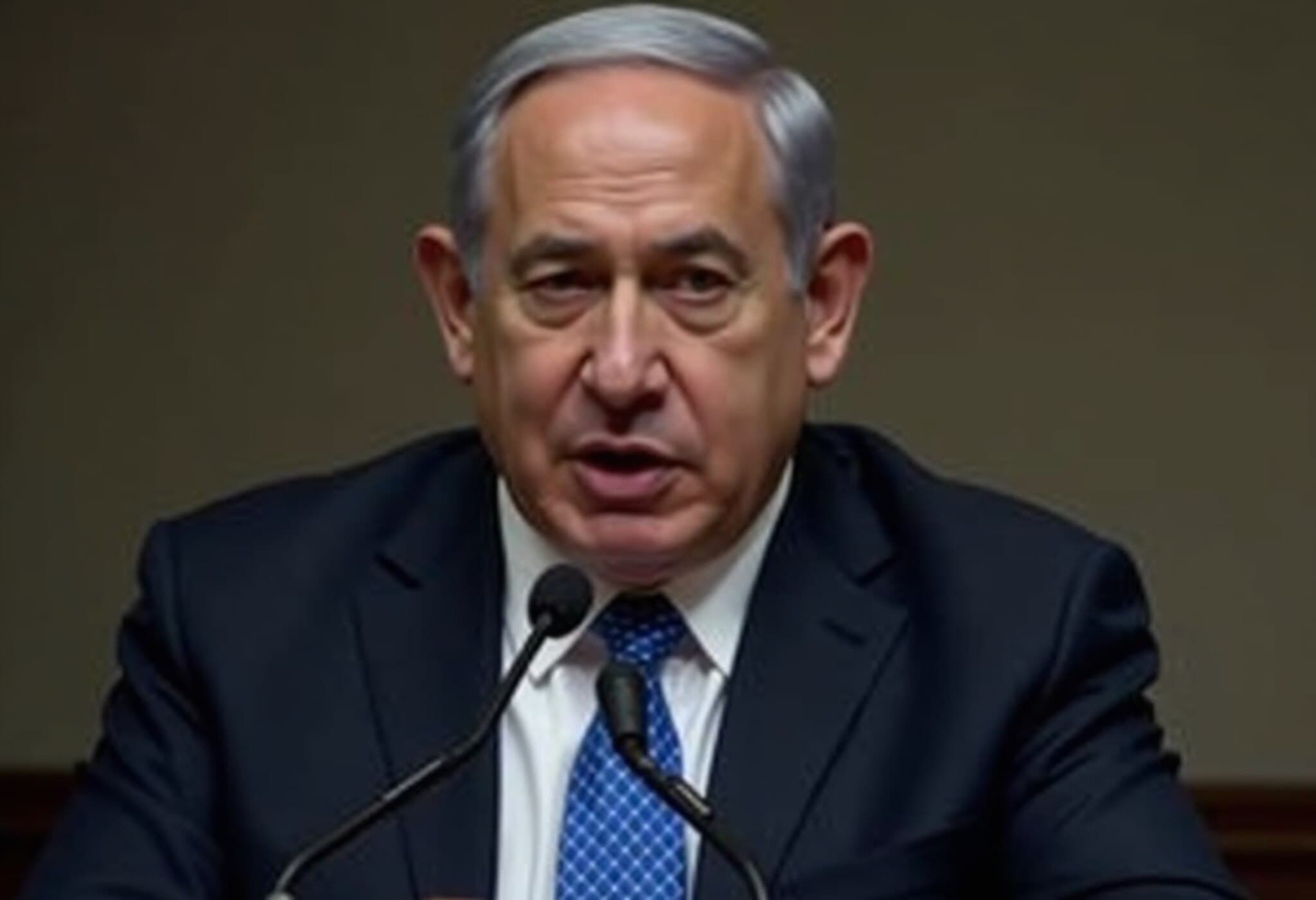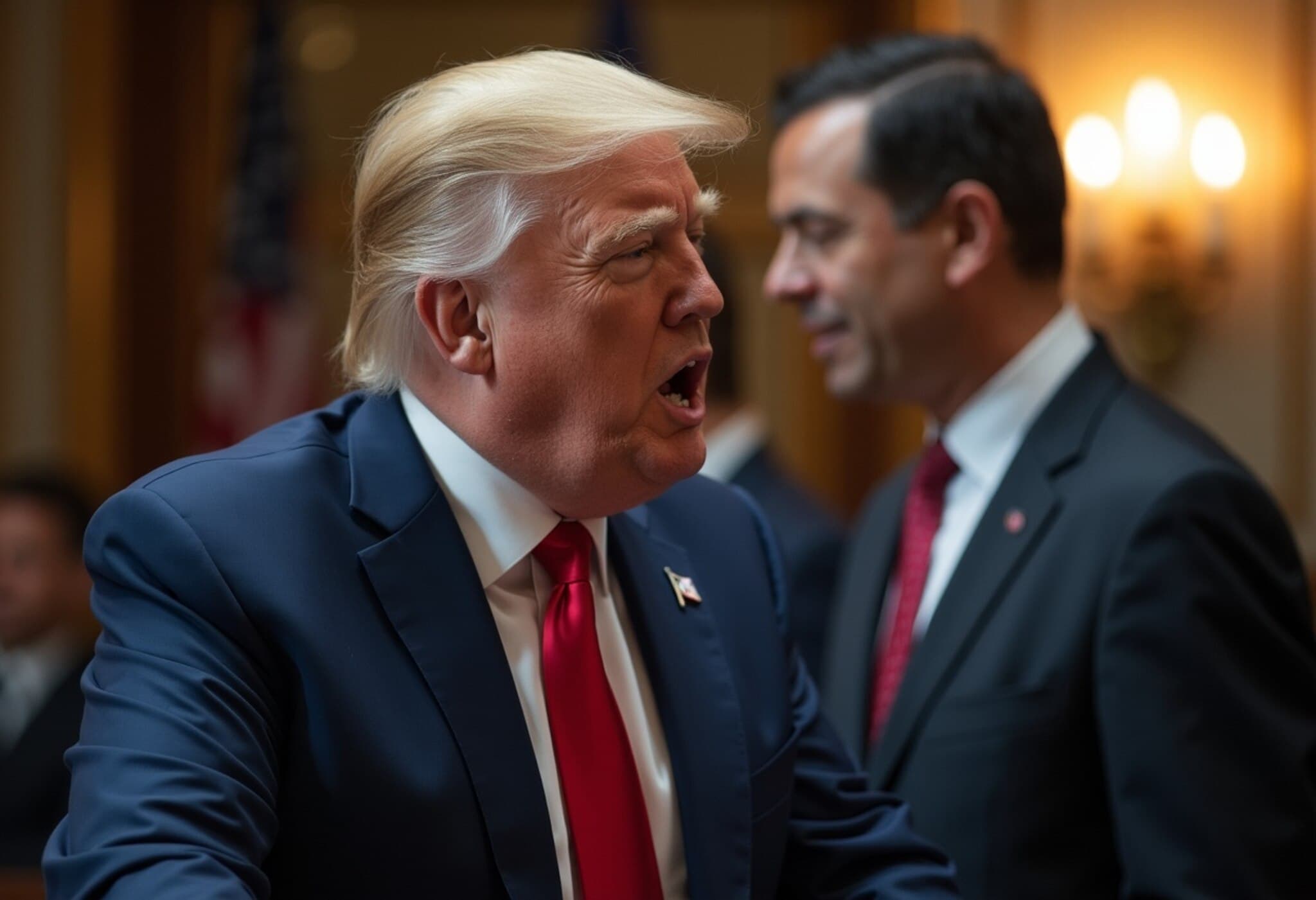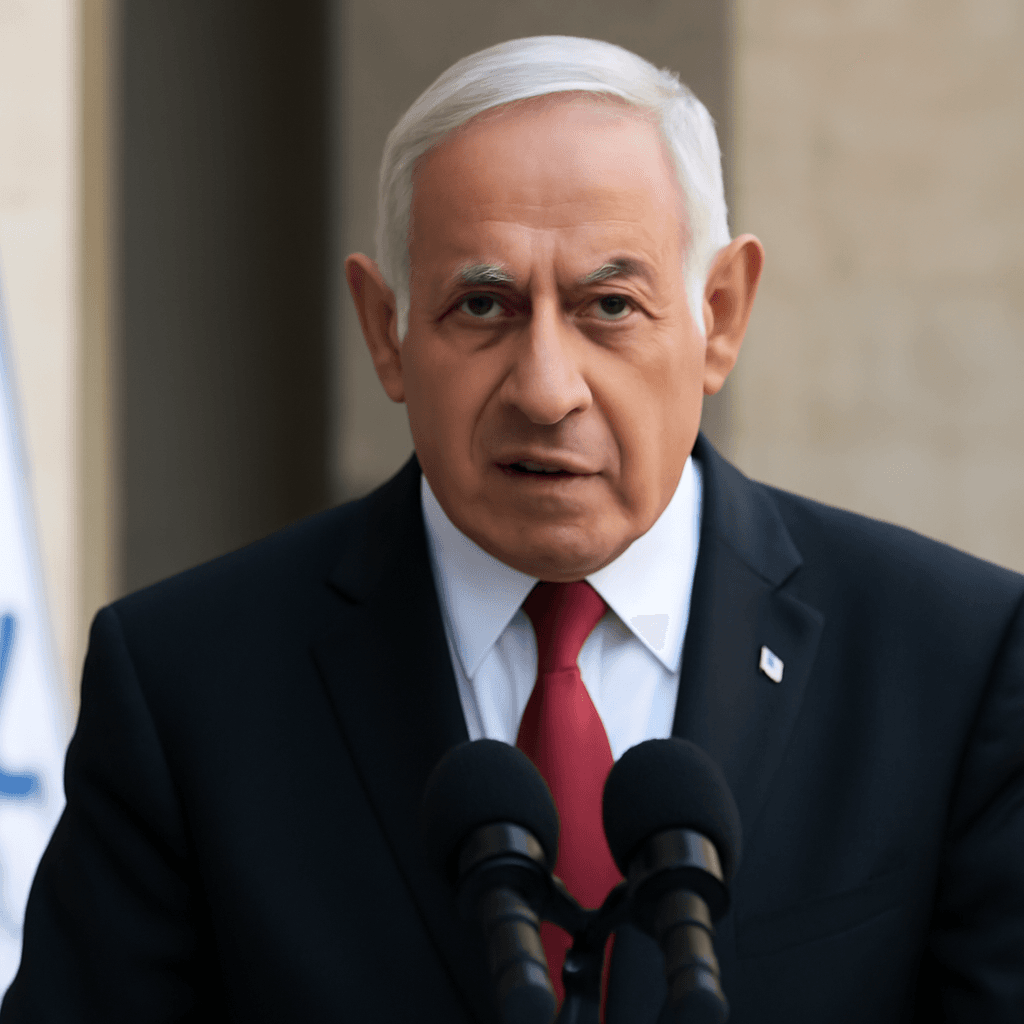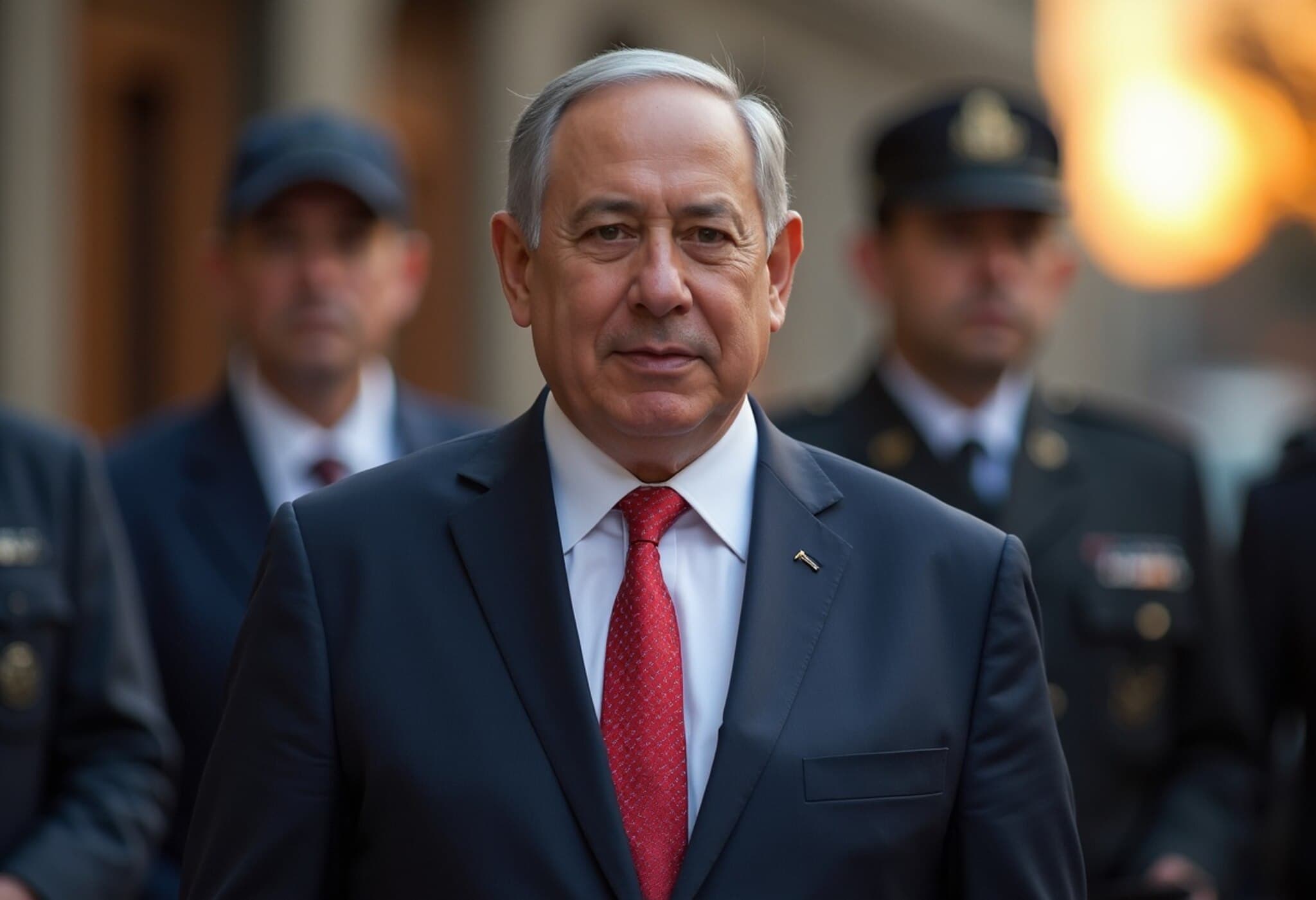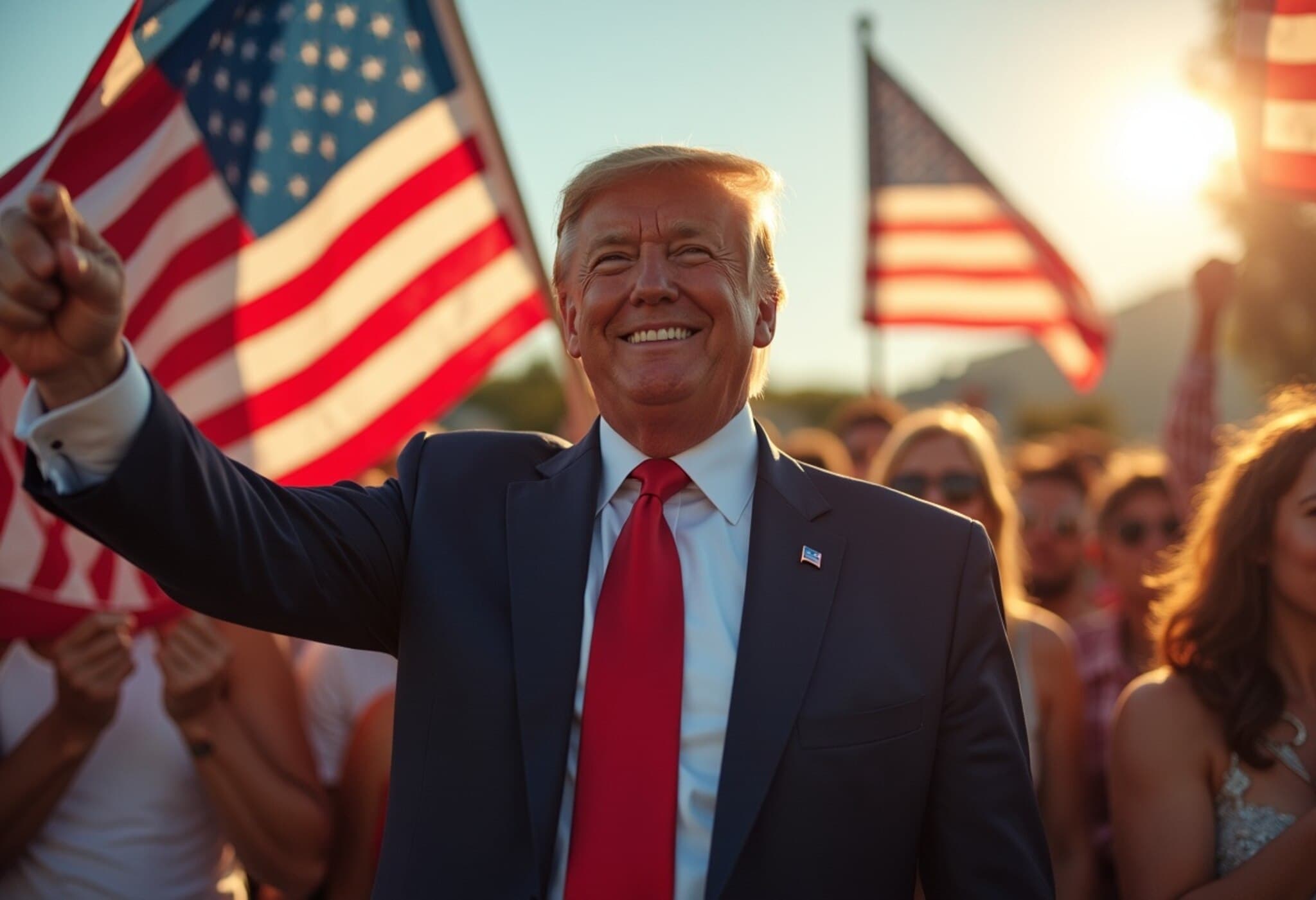Netanyahu Praises Trump’s Peace Efforts, Presents Nobel Nomination
During a highly anticipated meeting at the White House, Israeli Prime Minister Benjamin Netanyahu publicly handed U.S. President Donald Trump a nomination letter for the Nobel Peace Prize. Netanyahu lauded Trump as a pivotal peacemaker, highlighting his ongoing efforts to broker stability in a turbulent Middle East.
Addressing reporters ahead of their discussion, Netanyahu emphasized that Trump was "forging peace as we speak—country by country, region by region." He expressed strong conviction that the U.S. president’s peace initiatives warrant international recognition, telling Trump, "You should get it.""
Trump, clearly taken by surprise, responded warmly, acknowledging the gesture as "very meaningful coming from you." This nomination adds to a growing list of international endorsements for Trump’s peace diplomacy, notably including a recent nomination by Pakistan.
The Stakes: Gaza Ceasefire and Hostage Negotiations
The meeting took place amid intensifying international efforts to secure a ceasefire in Gaza and resolve the hostage crisis. Families of hostages held by Hamas in Gaza are pressing all involved parties for urgent resolutions.
Israeli officials are engaged in indirect talks in Qatar with Hamas representatives, seeking compromises on both the cessation of hostilities and the release of captured civilians. While the U.S.-supported proposal envisages a phased process involving troop withdrawals and discussions toward a durable peace, significant hurdles remain. Palestinian sources cite Israel’s restrictions on humanitarian aid as a major impediment, whereas Israel emphasizes preventing militants from exploiting aid channels while trying to funnel assistance to Gaza’s civilians.
Key Contentions
- Hamas demands an unconditional end to the war before releasing remaining hostages.
- Israel insists it won't halt military operations until hostages are freed and Hamas disabled.
- There are ongoing debates on safe humanitarian corridors and the prospects of relocating Gazans to neighboring countries seeking to offer a fresh start.
Palestinian Statehood and Regional Dynamics
Jumping into the delicate issue of Palestinian sovereignty, Netanyahu expressed skepticism toward full Palestinian statehood in the current context, referencing the October 7, 2023 Hamas attack as indicative of potential threats should full sovereignty be granted.
When asked about the feasibility of a two-state solution, Trump deferred to Netanyahu, who suggested Palestinians should govern themselves but without powers that could threaten Israeli security—underscoring an ongoing concern over balancing self-rule with Israel’s security imperatives.
Netanyahu also hinted at enlarging the Abraham Accords—historic normalization agreements between Israel and several Arab states—suggesting that, under Trump’s leadership, broader peace could be forged across the Middle East.
Human Impact and Regional Security Challenges
The war in Gaza, ignited by Hamas’s deadly October 2023 attack resulting in over 1,200 Israeli deaths and 251 hostages, has unleashed devastating consequences. Palestinian casualties in Gaza have surpassed 57,000, with widespread displacement and looming famine threatening the enclave’s 2 million residents. These figures highlight the immense humanitarian crisis accompanying the geopolitical conflict.
Meanwhile, Trump and Netanyahu also touted recent successes in pacifying regional tensions, referencing a brief but intense conflict between Israel and Iran. The U.S. carried out targeted strikes on Iranian sites reportedly linked to weapons development, followed by a brokered ceasefire. Trump indicated ongoing diplomatic engagement with Iran, proposing potential sanctions relief contingent on Tehran’s peaceful actions.
Shifting U.S. Foreign Policy: Ukraine and Beyond
On another front, Trump underscored the United States’ commitment to supporting Ukraine amid Russian aggression, indicating plans to deliver more military aid despite the Pentagon’s recent pause on some arms shipments. Trump expressed frustration with Russia’s continued offensive and emphasized the necessity for Ukraine to defend itself robustly.
Expert Commentary: Evaluating the Nobel Nomination in a Complex Landscape
Netanyahu’s public nomination of Trump for the Nobel Peace Prize is emblematic of the complex intertwining of diplomacy, politics, and personal ambition. While Trump’s role in brokering ceasefires and regional deals is noteworthy, critics argue that peace on the ground remains fragile, with unresolved humanitarian crises and persistent hostilities undermining long-term stability.
Furthermore, the strategic use of Nobel nominations by foreign leaders can be seen as a diplomatic tool designed to maintain influence and curry favor in Washington, raising questions about the implications for impartial recognition of peace efforts.
Where Does This Leave the Middle East?
As the region grapples with overlapping conflicts, humanitarian emergencies, and shifting alliances, the international community watches closely. The prospect of expanding peace accords and negotiated settlements offers hope, yet the underlying tensions over sovereignty, security, and justice continue to challenge any simplistic solutions.
Key Questions Moving Forward
- Can Trump’s peace initiatives translate into durable, on-the-ground outcomes for Israelis and Palestinians?
- Will Israel and Hamas reach a comprehensive ceasefire that includes hostage releases and humanitarian relief?
- How will regional powers and the United States balance security concerns with the urgent humanitarian needs of Gaza’s population?
- What role will international organizations and the Nobel committee play in recognizing or influencing these complex peace efforts?
Editor’s Note
Netanyahu’s nomination of Trump for the Nobel Peace Prize underlines the unpredictable nature of Middle East diplomacy. While symbolic gestures can elevate leaders’ profiles, the real measure lies in tangible peace and relief for those caught in conflict. Observers should watch not only the headlines, but also the nuanced shifts in negotiation, humanitarian access, and regional politics that will determine the future stability of this deeply troubled region.
This evolving story invites us to reflect on how international accolades intersect with on-the-ground realities — and what genuine peace ultimately requires.

